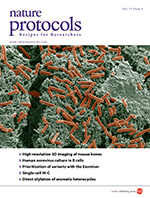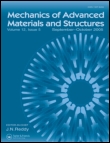 In an interesting letter printed in today’s Nature, biologists Sophien Kamoun and Cyril Zipfel suggest that “failure by authors to correct their mistakes should be classified as scientific misconduct.”
In an interesting letter printed in today’s Nature, biologists Sophien Kamoun and Cyril Zipfel suggest that “failure by authors to correct their mistakes should be classified as scientific misconduct.”
They note that this policy is already in place at their institute, The Sainsbury Laboratory (TSL).
We contacted Kamoun to ask what constituted a mistake, given that numerous papers have received queries, such as on sites like PubPeer, but it’s not clear whether those are legitimate mistakes. He told us: Continue reading Poll: If authors don’t address mistakes, is that misconduct?





